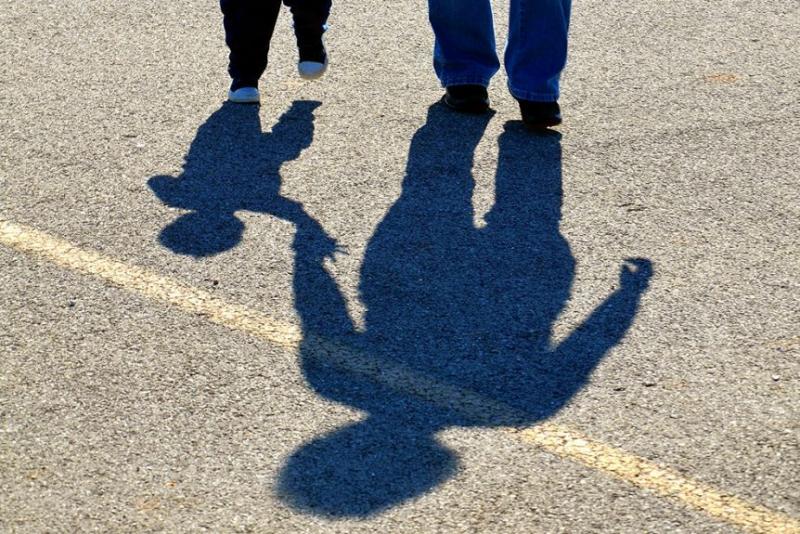
Knowing the right way to talk with kids about COVID-19 can support them to manage their fears, feel secure and stay healthy.
Here are some tips to comfort and protect them:
Notice what’s going on for your child
Some kids will express more curiosity than others and that’s ok. Don’t overload them with information.
Create a safe space for questions
Kids will sense heightened anxiety in the adults around them. Avoid minimising their concerns. Just make yourself available to listen and let them lead the discussion. You might ask open questions like ‘what have you heard?’ to assess what they know and what’s worrying them.
Offer reassurance
Let them know it’s ok to feel worried about things and that you are there to care for them. Encourage them to refocus on positive things that are happening to keep people safe.
Older children may benefit from knowing that the world has recovered from past pandemics whereas connecting with younger children by gardening or reading together may provide the sense of security they are looking for.
Speak calmly
Kids will react not only to what you say but how you say it. Prioritise self care and managing your own stress levels so that you can remain grounded during discussions.
Use age appropriate language and concepts
Children vary widely in their ability to process information. Be mindful of what your child will relate to and gently correct misinformation without overwhelming them with detail.
Simplify information for toddlers. If they ask “will I get sick” you might say “Everyone gets sick sometimes. When you are sick I take care of you”.
Children 4-6 are more curious. You might say “It’s important we all follow the rules right now and stay home to keep everyone safe and healthy.”
If school aged kids test information by putting it out there, it’s an opportunity to ask ‘where did you hear that’ and open a conversation about their media intake and testing hearsay against facts from dependable sources.
Teens may be unsettled by disruption to their activities. Acknowledge their frustration then encourage them to take control by structuring their day and goal setting by asking “What’s your game plan for today?”
Be honest
Kids know something is off when they are kept in the dark and may imagine things to be worse than they are; creating more anxiety for them than the truth.
Empower
Focusing on what they can do helps kids to feel in control – like regular hand washing, coughing into their elbow, eating well and exercising. Commending them for taking care of themselves and others when they do these things fosters community mindedness and reminds them they are part of the solution.
Keep the conversation going
Leave the door open to further discussion by letting your child know you appreciate them coming to you with questions then check in with how they are feeling from time to time.
For support
24-hour support by phone, email or web chat is available from Kids Helpline.
Free online and phone support and counselling to young people aged 12-25 and their families and friends is available at eHeadspace website.
Talk to us today
For more information, contact us on 1300 779 270 or make an enquiry now.


